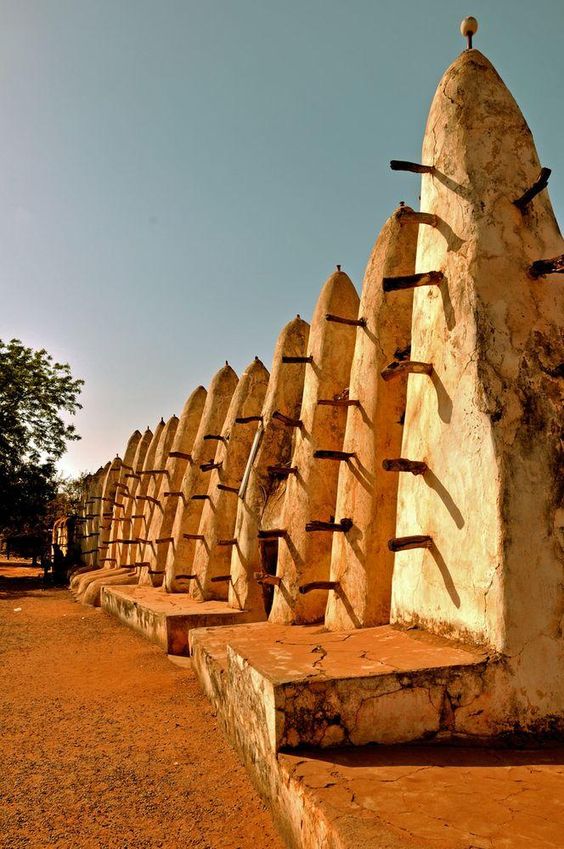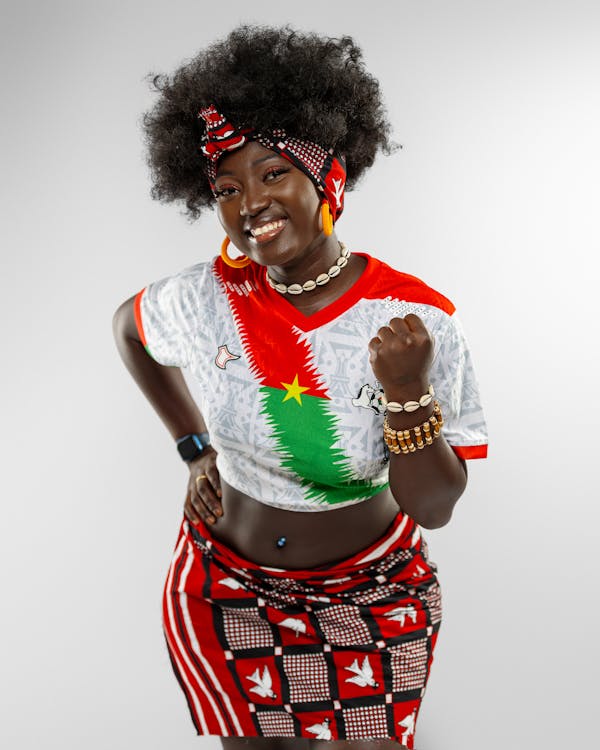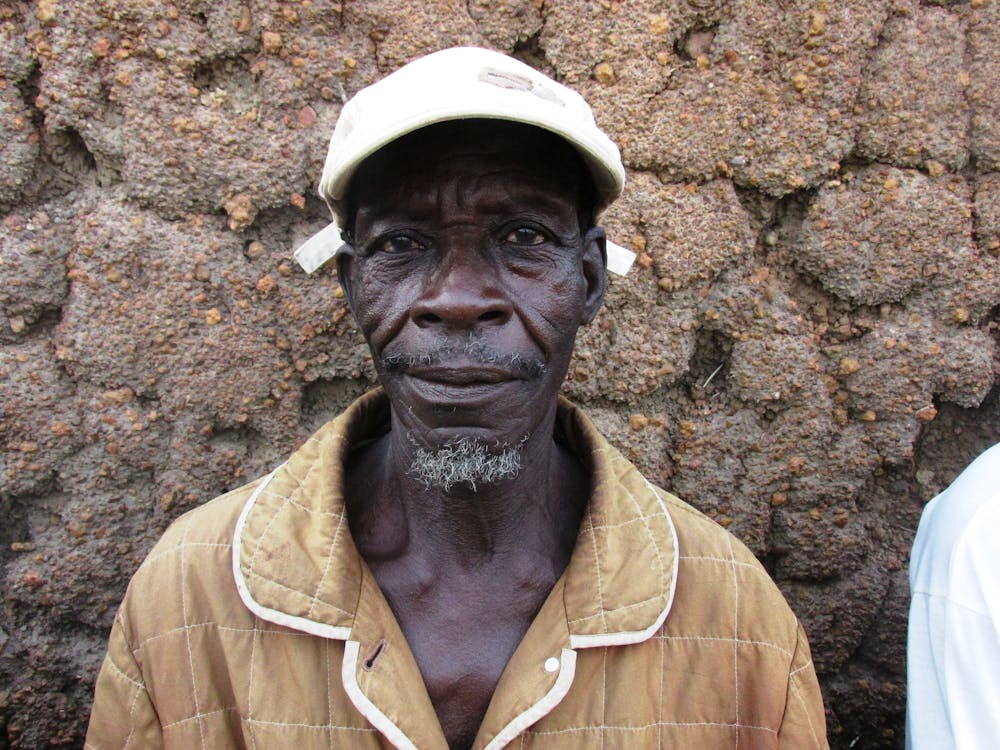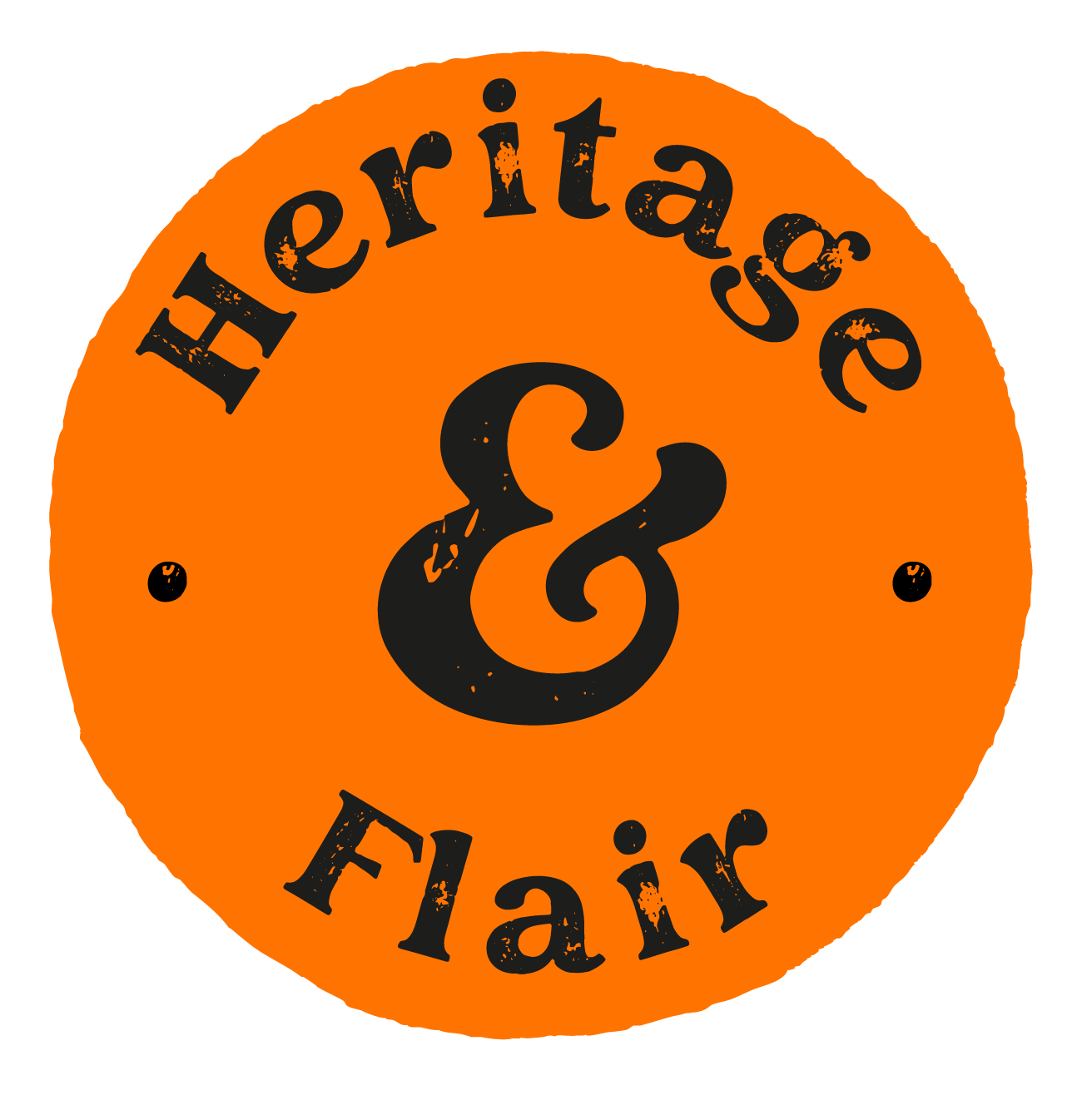
Photo by Toro Tseleng
Burkina Faso
Burkina Faso is a landlocked country in West Africa, bordered by Mali to the northwest, Niger to the northeast, Benin to the southeast, Togo and Ghana to the south, and Ivory Coast to the southwest. The capital city is Ouagadougou, which serves as the political, economic, and cultural hub of the country.
Ouagadougou, often affectionately called “Ouaga” has a landscape that varies from semi-arid savannas to lush forests. The official language is French, with several indigenous languages such as Mossi, Bissa, Dyula, and Fula widely spoken. Burkina Faso is known for its cultural diversity, with over 60 different ethnic groups, each having its own unique customs, languages, and practices.
Burkina Faso’s history is deeply rooted in its early kingdoms, particularly the Mossi Empire, which dominated the region for centuries before the French colonized the area in the late 19th century. The country was known as Upper Volta under French rule, but it achieved independence in 1960. It wasn’t until 1984 that the country was renamed Burkina Faso, which translates to “land of the proud and honest people” or “land of incorruptible people” in Mooré and Dioula, under the revolutionary leadership of Thomas Sankara, a charismatic figure often referred to as “Africa’s Che Guevara.”
Burkina Faso’s history is marked by a series of military coups and political instability, but it has also been a center of rich cultural traditions and resilience.
Burkina Faso is a semi-presidential republic, with a multi-party political system. The President is the head of state, while the Prime Minister is the head of government. The economy is largely driven by agriculture, which employs about 80% of the population.
Cotton is the primary cash crop, with gold mining becoming increasingly important, accounting for a significant portion of export earnings. The country faces challenges such as drought, food insecurity and political stability.
Burkina Faso boasts a vibrant cultural heritage influenced by its diverse ethnic groups. Traditional music, dance, and festivals are integral parts of Burkinabe culture.
The country is known for its Sankofa Festival, which celebrates African heritage and traditions. The Grand Mosque of Bobo-Dioulasso is a notable historical and architectural landmark
One of the most celebrated cultural events is FESPACO (Festival Panafricain du Cinéma et de la Télévision de Ouagadougou), the largest African film festival, held biennially in the capital.
Hidden Insights: Uncovering Burkina Faso
- The Mossi Kingdoms: The Mossi people, who make up the largest ethnic group in Burkina Faso, have a rich history of kingdoms and traditional leadership that continues to influence the country’s cultural and social structures.
2. Moro-Naba Ceremony: Every Friday in Ouagadougou, the Moro-Naba, the traditional king of the Mossi people, holds a symbolic ceremony that dates back centuries. The event, steeped in ritual and history, reflects the enduring significance of traditional authority alongside modern governance.
3. The Sindou Peaks: These striking rock formations in the southwest of Burkina Faso are a popular tourist attraction, offering breathtaking views and opportunities for hiking and exploration.
4.Lake Tengrela: Situated near the city of Banfora, this serene lake is famous for its population of hippos. Legend has it that the hippos here are sacred and pose no threat to humans, making the lake a peaceful spot for reflection and nature watching.

Photo by Mohau Mannathoko

Photo by Toro Tseleng
Capital City: Ouagadougou
Population: 23,042,199
Nationality: Burkinabe (singular and plural)
Location: Western Africa, north of Ghana
Languages: Mossi 52.9%, Fula 7.8%, Gourmantche 6.8%, Dyula 5.7%, Bissa 3.3%, Gurunsi 3.2%, French (official) 2.2%, Bwamu 2%, Dagara 2%, San 1.7%, Marka 1.6%, Bobo 1.5%, Senufo 1.5%, Lobi 1.2%, other 6.6% (2019 est.)
Religion: Muslim 63.8%, Roman Catholic 20.1%, Animiste 9%, Protestant 6.2%, other 0.2%, none 0.7% (2019 est.)
Area Total: 274,200 sq km
Embassy of Burkina Faso in Belgium
Address: Place Guy D’Arezzo 16, 1180 Uccle, Bruxelles Belgium
Website: www.ambassadeduburkina.be
Correcting The Map: The True Size Of Africa
The Mercator Projection downplays the size of Global South continents as it makes the Global North look larger
Heritage: What shapes us?
When heritage is mentioned, our minds often leap to the spectacular and the visible: the grandeur of world heritage sites, the majesty of traditional attire, the vibrant swirl of dances and festivals, or the melodies of mother tongues. These are the showpieces of...
HER-itage: Africa’s Phenomenal Queens And Leaders
Honouring and celebrating the incredible contributions of women throughout African history. These remarkable women have shaped nations, led revolutions, and stood against oppression with unwavering resilience. These queens, warriors, and visionaries broke barriers,...
